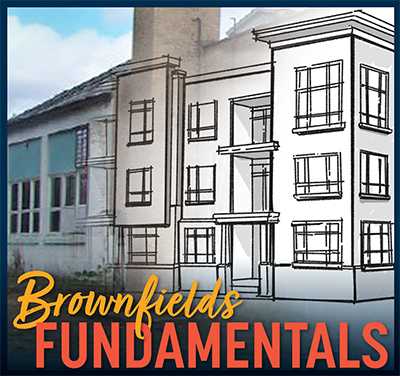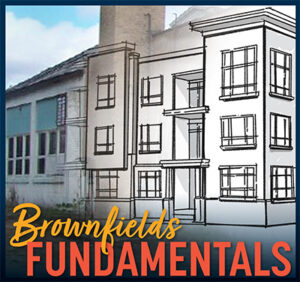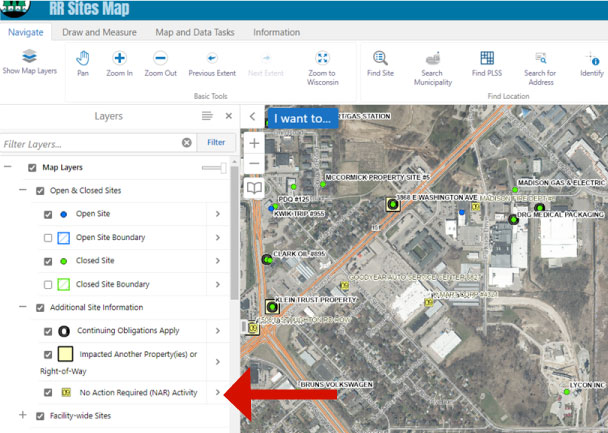 The Wisconsin Department of Natural Resources (DNR) will hold a brownfield redevelopment open house for local governments on Wednesday, April 24, 2024.
The Wisconsin Department of Natural Resources (DNR) will hold a brownfield redevelopment open house for local governments on Wednesday, April 24, 2024.
A brownfield is a property where expansion, redevelopment or reuse is complicated by real or potential contamination. Brownfields vary in size, location, age and past use; they can be anything from a 500-acre former automobile assembly plant to a small, abandoned gas station.
The open house will focus on resources available to local governments for redevelopment of brownfield properties into community assets, including funding, liability and other tools and assistance available from the DNR.
Staff from the DNR and Wisconsin Economic Development Corporation (WEDC) will be available for questions and discussions on brownfield resources as well as due diligence in the acquisition of brownfield properties and how to locate information about contaminated sites.
Local government officials interested in learning more about brownfield redevelopment in Wisconsin are encouraged to attend.
When:
April 24, 2024
10 a.m. – noon
Where:
DNR Spooner Service Center
Community Room 112
810 W Maple St.
Spooner, WI
Attendees should RSVP to Thomas.Coogan@wisconsin.gov by April 18, 2024.
Unable to attend but interested in learning how cleaning up brownfields can help your community? The DNR’s series of on-demand Brownfields Fundamentals webinars cover planning, cleanup, liability, and other topics as part of a well-rounded crash course in Wisconsin brownfield redevelopment.
The DNR has a wide range of financial and liability tools available to help local governments, businesses, lenders, and others clean up and redevelop brownfields in Wisconsin, including Ready for Reuse financial awards, which may be used for environmental cleanup. DNR staff around the state are available to meet with community leaders, bankers, developers and private individuals to discuss brownfield projects through Green Team meetings.
More information about the DNR’s brownfield cleanup programs and services is available on the DNR’s brownfields webpage.

 The Remediation and Redevelopment (RR) Program provides up-to-date and quality presentations and trainings on a variety of technical and educational topics for environmental professionals, local governments, community organizations, members of the public and others.
The Remediation and Redevelopment (RR) Program provides up-to-date and quality presentations and trainings on a variety of technical and educational topics for environmental professionals, local governments, community organizations, members of the public and others.